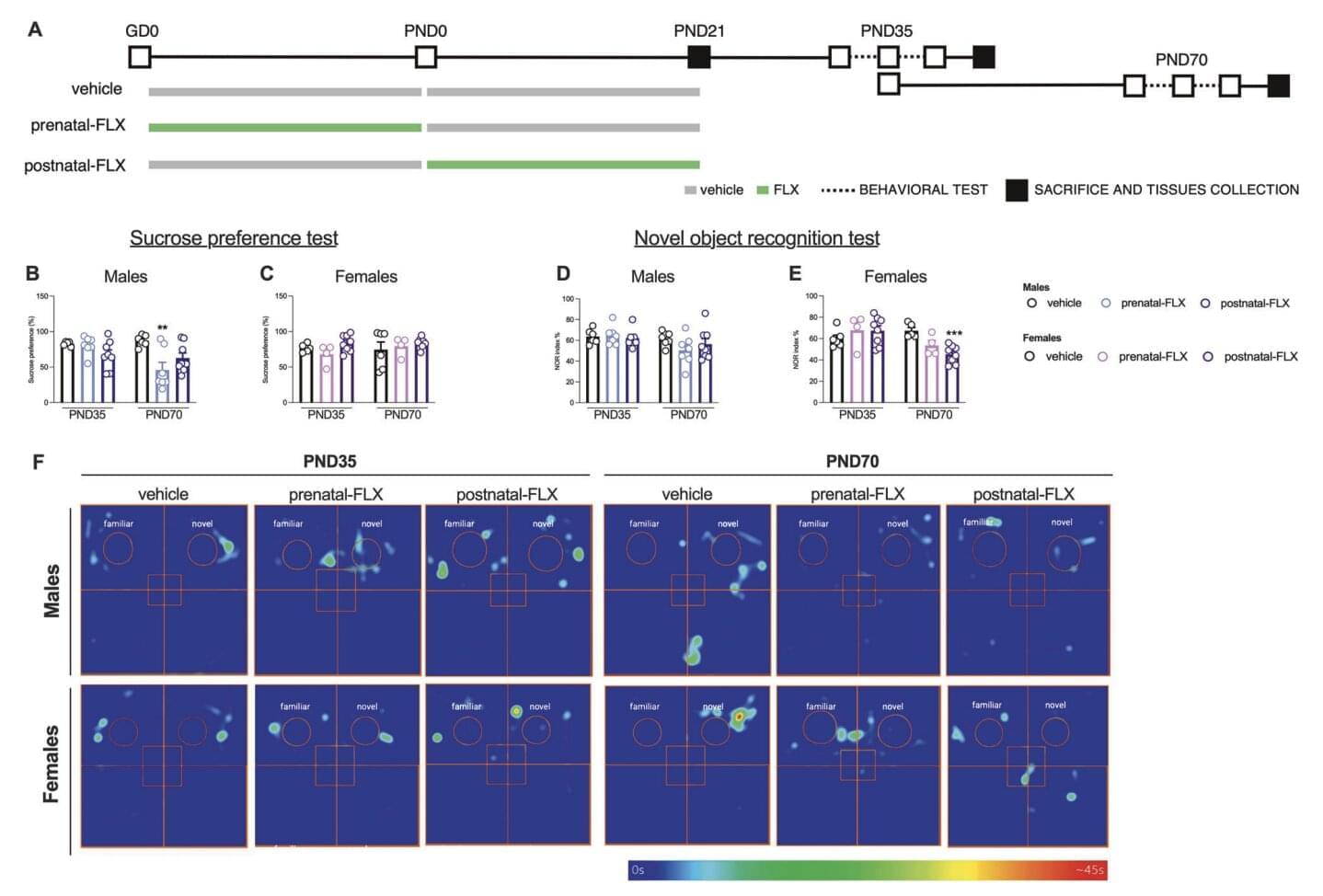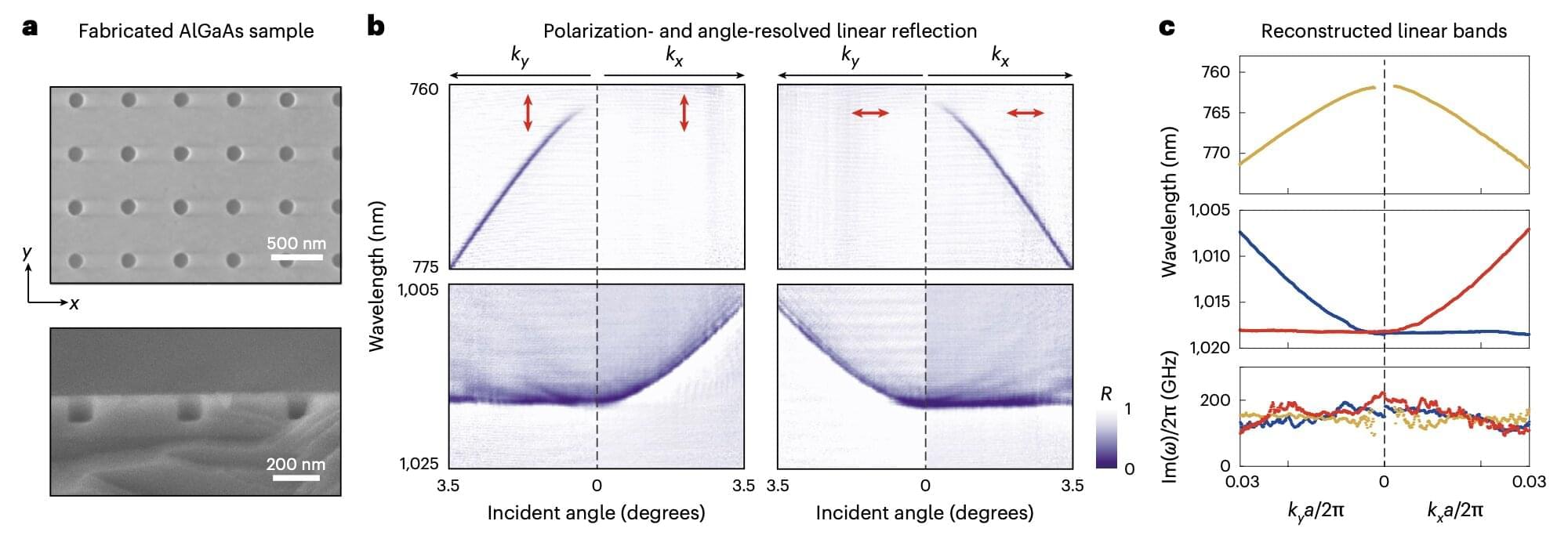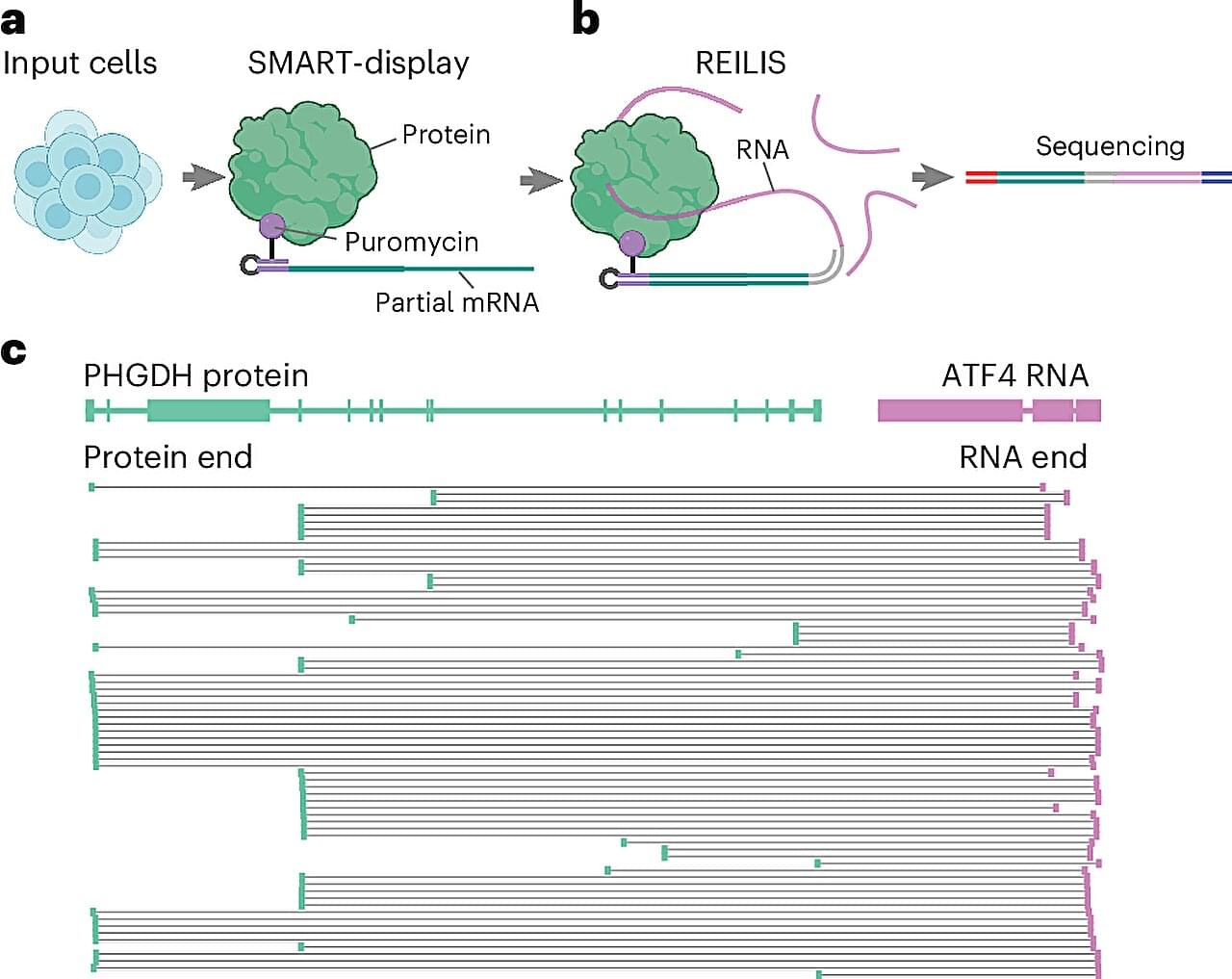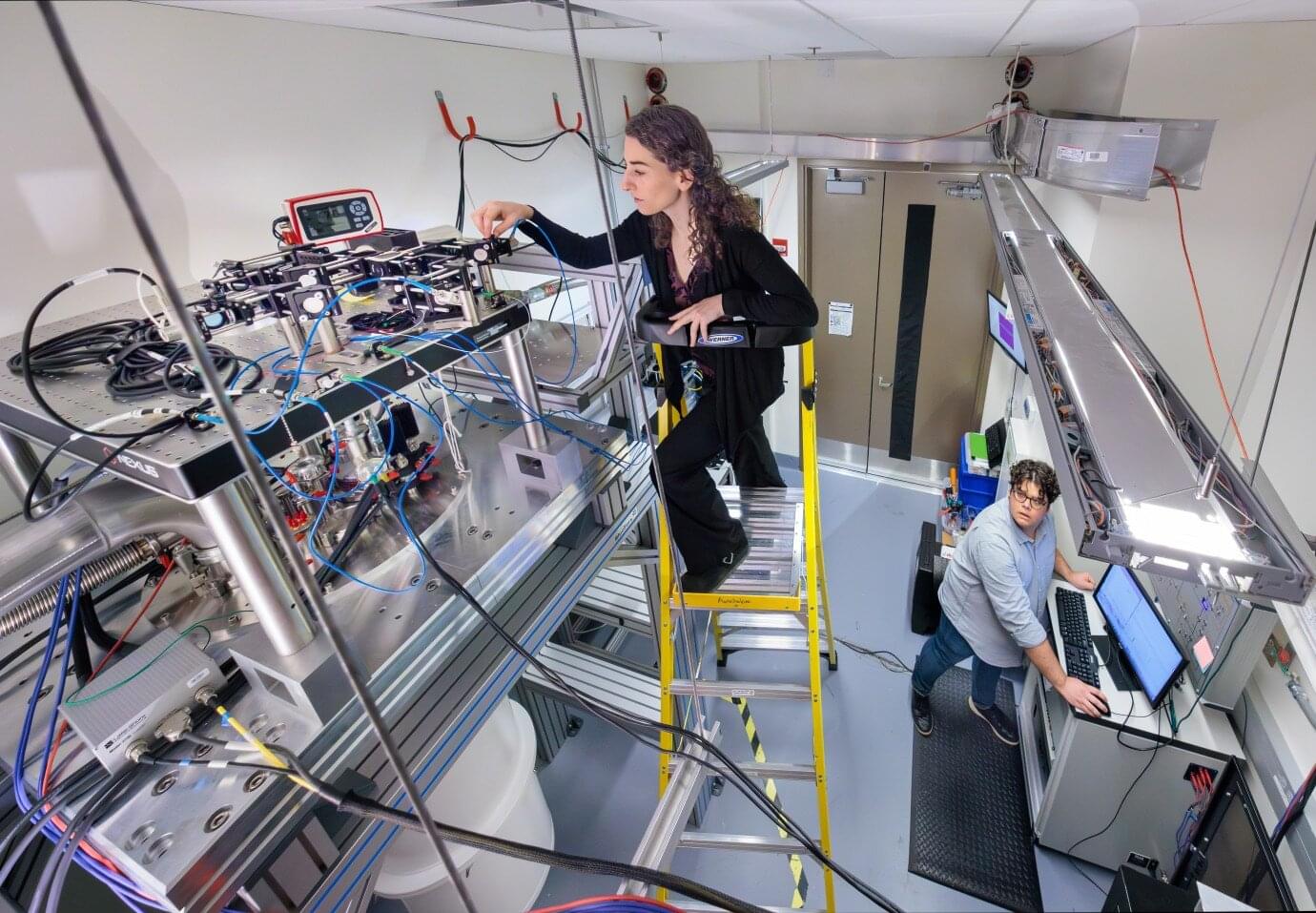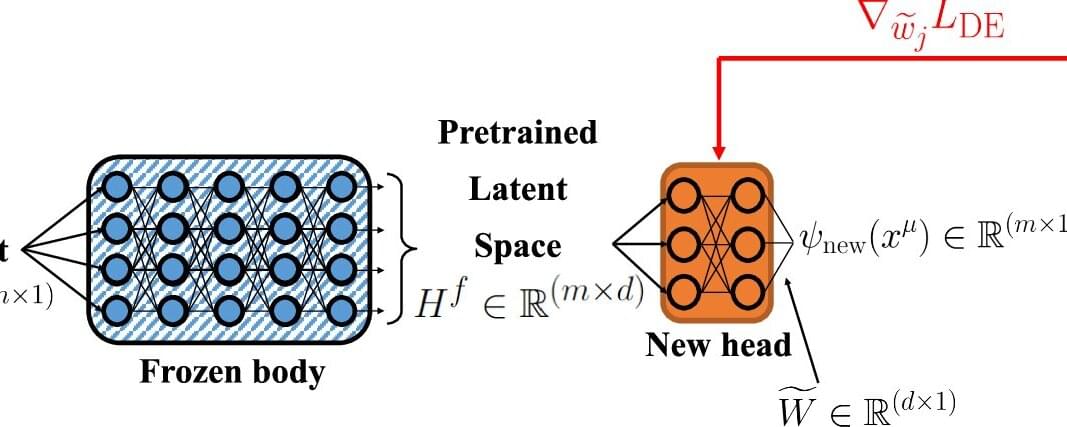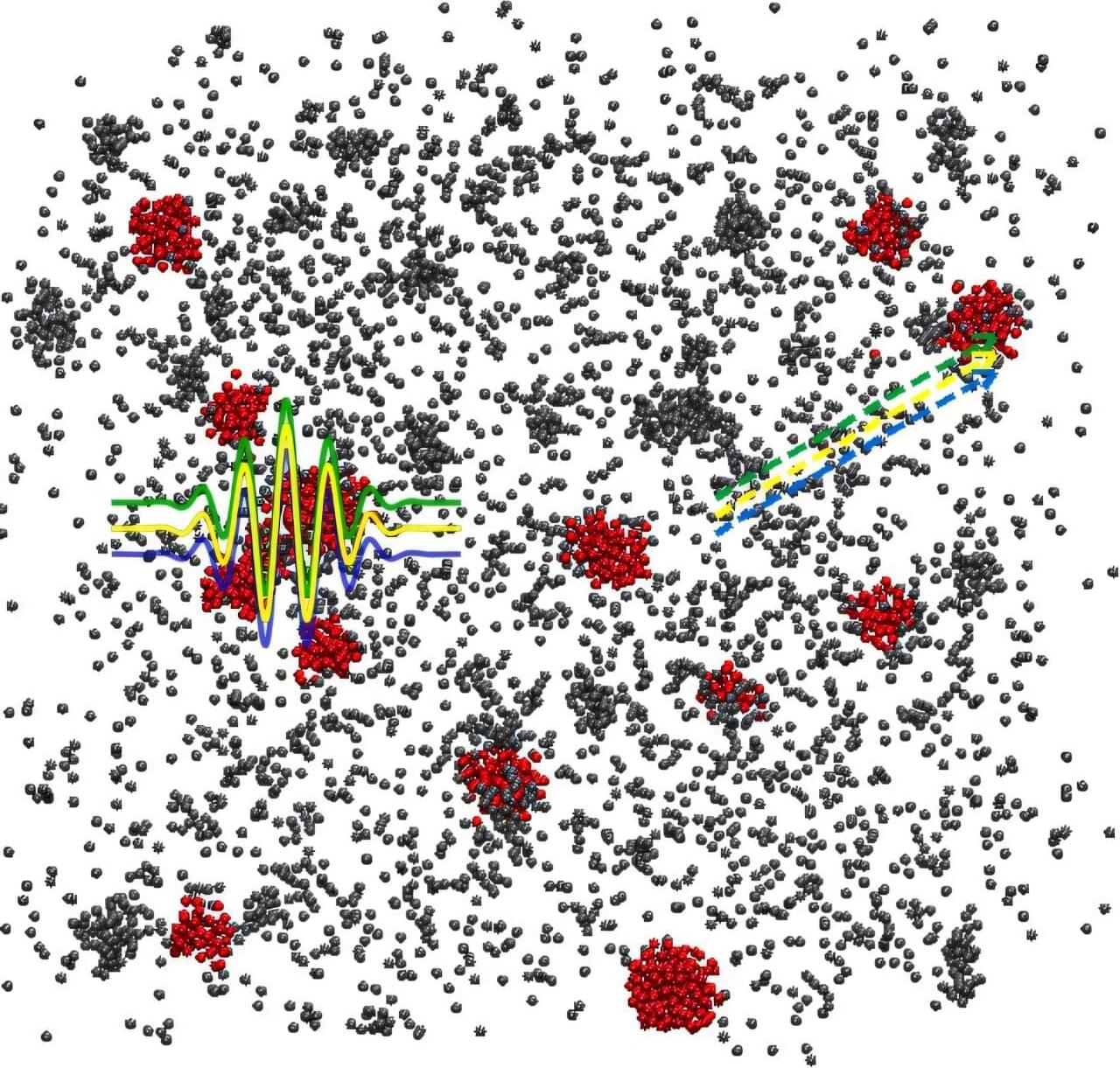Past neuroscience studies have consistently showed the profound effects of early life experiences on the brain’s wiring, particularly on the formation of the junctions that enable communication between neurons (i.e., synapses). The influence of early life experiences was found to be particularly pronounced during so-called sensitive periods (SPs), windows of time during which the brain’s plasticity (i.e., its ability to form or reorganize neural connections) is heightened.
Experimental evidence suggests that these periods of heightened brain plasticity are regulated by specialized neurons that release the inhibitory neurotransmitter GABA (gamma-aminobutyric acid). So-called parvalbumin-positive (PV+) interneurons have been found to play a central role in the unfolding of SPs, as their gradual enclosure into protective structures was linked to the conclusion of these periods.
Researchers at University of Milan and University of Helsinki recently carried out a study exploring the effects of early exposure to the widely prescribed antidepressant fluoxetine (FLX) on the regulation of SPs in rats. Their findings, published in Molecular Psychiatry, suggest that exposure to fluoxetine during gestation, pregnancy or breastfeeding could influence the brain development and behavior of rat pups later in life.
